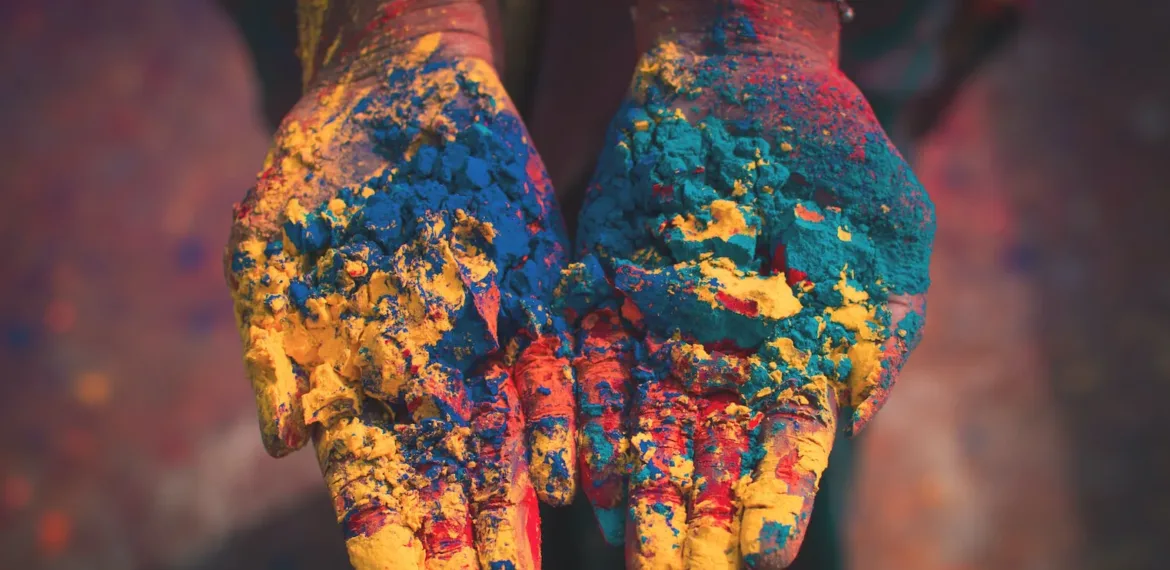“Discover the rich cultural tapestry of Djibouti and enhance your travel experience with knowledge of its traditions, customs, language, and etiquette.”
– Thank you: Shukran (Arabic) or Mahadsanid (Somali)
– Yes: Na’am (Arabic) or Haa (Somali)
– No: Laa (Arabic) or Maya (Somali) Etiquette Etiquette is an important aspect of Djiboutian culture, and visitors should be aware of the local customs and traditions in order to avoid any cultural faux pas. One of the most important rules of etiquette in Djibouti is to dress modestly. Djiboutian culture is conservative, and it is considered impolite to wear revealing clothing in public. Another important rule of etiquette in Djibouti is to remove your shoes before entering someone’s home. This is a sign of respect and cleanliness, and it is considered impolite to wear shoes inside someone’s home. When eating in Djibouti, it is customary to eat with your hands. However, it is important to use your right hand only, as the left hand is considered unclean. It is also considered impolite to waste food, so be sure to only take what you can eat. Conclusion Djibouti is a fascinating country with a rich cultural heritage and diverse traditions. Understanding the customs, language, and etiquette of Djibouti can greatly enhance your travel experience and help you connect with the locals. By respecting the local customs and traditions, you can show your appreciation for Djiboutian culture and avoid any cultural faux pas.
Exploring Djibouti: Understanding the Traditions, Customs, Language, and Etiquette for a Richer Travel Experience
Djibouti is a small country located in the Horn of Africa, bordered by Eritrea to the north, Ethiopia to the west and south, and Somalia to the southeast. Despite its small size, Djibouti is a melting pot of cultures, with a rich history and diverse traditions. Understanding the customs, language, and etiquette of Djibouti can greatly enhance your travel experience and help you avoid any cultural faux pas. Traditions Djibouti has a rich cultural heritage that is deeply rooted in its nomadic past. The country is home to several ethnic groups, each with its own unique traditions and customs. One of the most prominent traditions in Djibouti is the Somali nomadic culture, which is characterized by a strong sense of community and hospitality. Hospitality is a cornerstone of Somali culture, and visitors to Djibouti can expect to be welcomed with open arms. It is customary for hosts to offer guests food and drink, and it is considered impolite to refuse. In fact, it is not uncommon for hosts to insist that guests eat more than they can handle. Another important tradition in Djibouti is the celebration of religious festivals. Islam is the dominant religion in Djibouti, and the country celebrates several Islamic festivals throughout the year, including Eid al-Fitr and Eid al-Adha. During these festivals, families gather together to share food and exchange gifts. Customs Djibouti has a unique blend of African, Arab, and French influences, which is reflected in its customs and traditions. One of the most important customs in Djibouti is respect for elders. Elders are highly respected in Djiboutian society, and it is customary to greet them with a handshake and a kiss on the cheek. Another important custom in Djibouti is the use of the right hand. In Djiboutian culture, the left hand is considered unclean, and it is impolite to use it for eating or shaking hands. It is also considered impolite to point with your finger, as this is seen as a sign of disrespect. Language The official languages of Djibouti are French and Arabic, but Somali is also widely spoken. English is also spoken in some areas, particularly in the capital city of Djibouti. Learning a few basic phrases in Somali or Arabic can go a long way in helping you connect with the locals and show respect for their culture. Some useful phrases to know include: – Hello: As-salamu alaykum (Arabic) or Maalin wanaagsan (Somali)– Thank you: Shukran (Arabic) or Mahadsanid (Somali)
– Yes: Na’am (Arabic) or Haa (Somali)
– No: Laa (Arabic) or Maya (Somali) Etiquette Etiquette is an important aspect of Djiboutian culture, and visitors should be aware of the local customs and traditions in order to avoid any cultural faux pas. One of the most important rules of etiquette in Djibouti is to dress modestly. Djiboutian culture is conservative, and it is considered impolite to wear revealing clothing in public. Another important rule of etiquette in Djibouti is to remove your shoes before entering someone’s home. This is a sign of respect and cleanliness, and it is considered impolite to wear shoes inside someone’s home. When eating in Djibouti, it is customary to eat with your hands. However, it is important to use your right hand only, as the left hand is considered unclean. It is also considered impolite to waste food, so be sure to only take what you can eat. Conclusion Djibouti is a fascinating country with a rich cultural heritage and diverse traditions. Understanding the customs, language, and etiquette of Djibouti can greatly enhance your travel experience and help you connect with the locals. By respecting the local customs and traditions, you can show your appreciation for Djiboutian culture and avoid any cultural faux pas.
